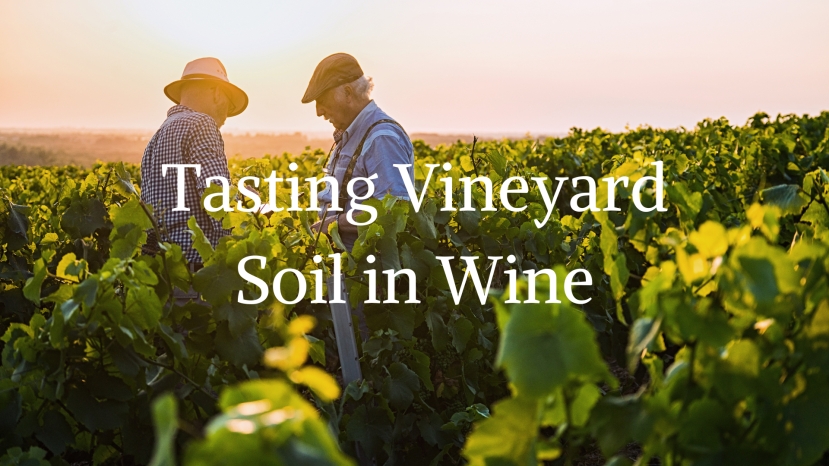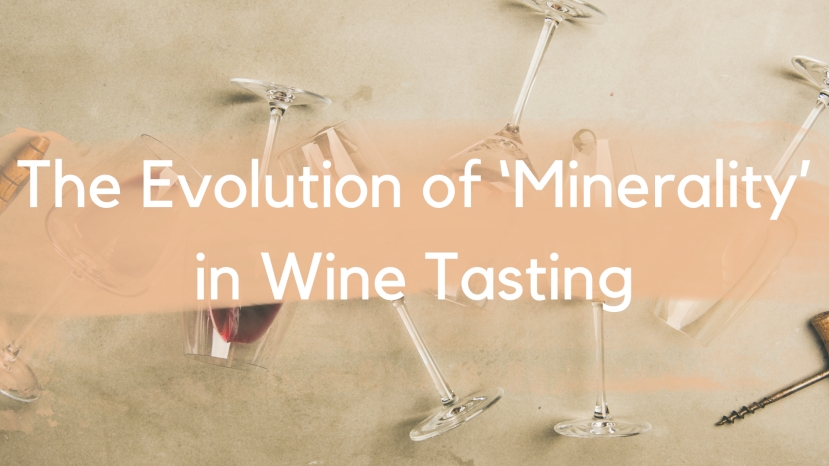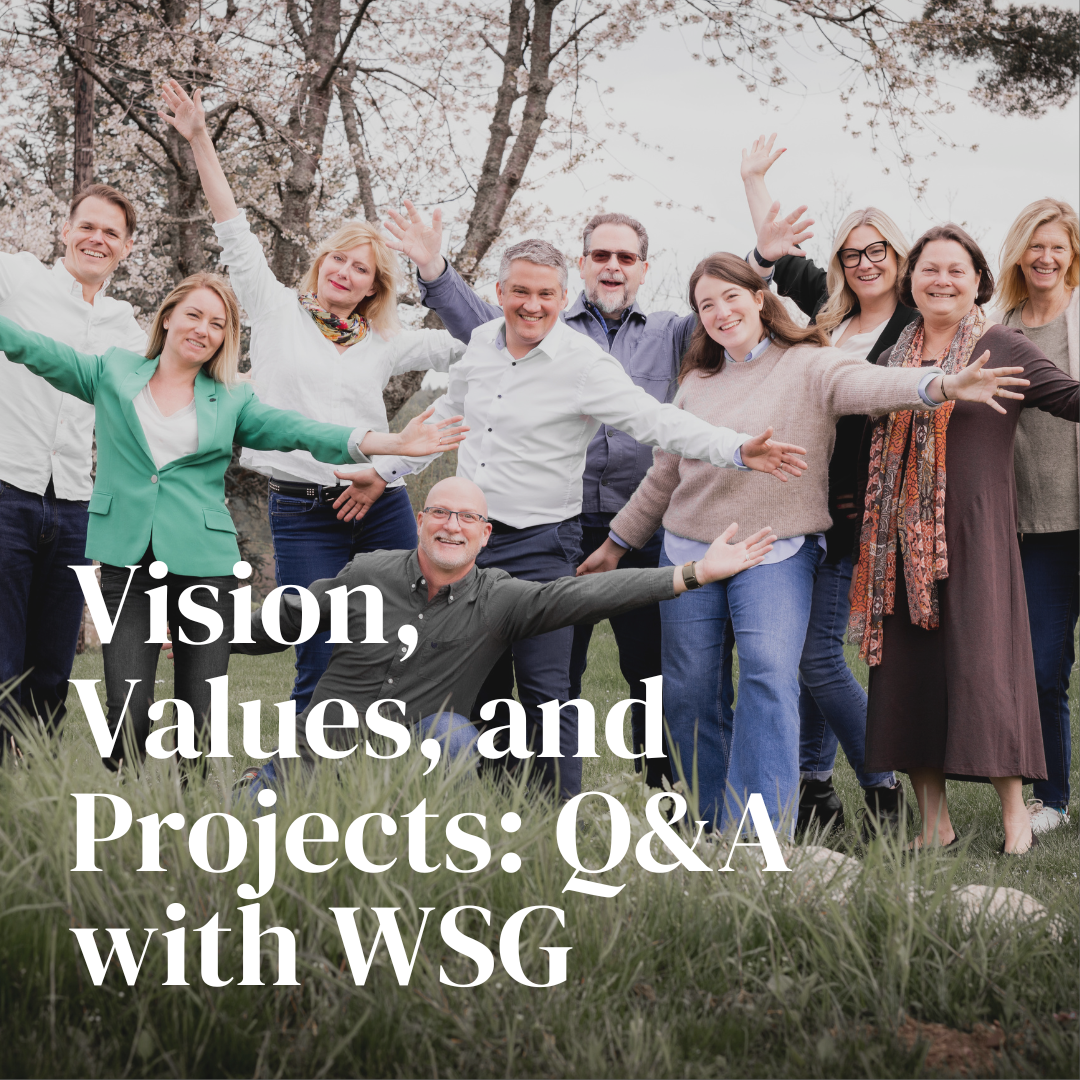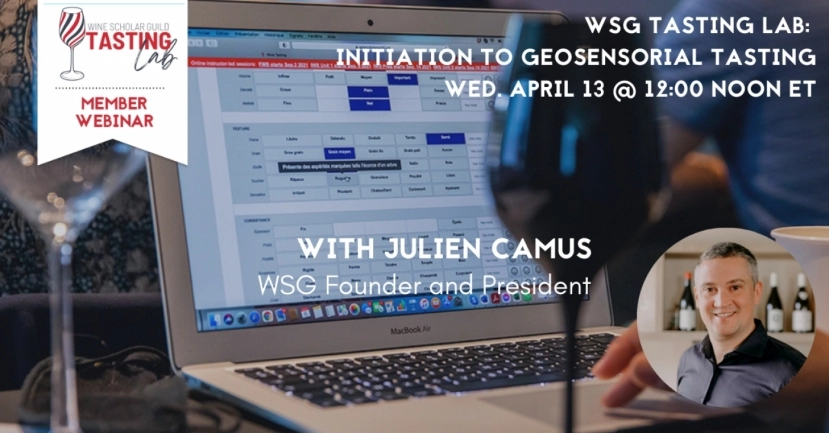BLOG
tasting techniques
Summary:
This session focuses on techniques you can use to enhance your blind tasting skills. Justin will discuss some of the tips and tricks he employed to pass the Master of Wine; the most challenging wine tasting exam in the world. Justin will share some exercises that you can try at home to build your own tasting skills, as well as discussing the most effective ways of writing
Summary:
In this video, Justin and Chris explore ageabilty in rosé wines by tasting two vintages of the esteemed Clos Cibonne winery in Provence. They discuss ageabilty, quality, oak and how to spot aged characteristics in this style of wine.
About the Speakers:
Justin Martindale is the Wine Scholar Guild Membership Manager and one of our in-house Masters of Wine. Justin passed the notoriously challenging MW tasting exam with the Madame Bollinger Award,
Summary:
This video explores some of the key techniques in tasting red wines, that enable you to make an objective analysis of its quality, and also take the first steps towards identifying the variety and where in the world the wine comes from. This one is designed for those of you who don't have a huge amount of wine tasting experience and want to get to grips with the basics.
Details of all the wines are in the attached pdf.
About the
Summary:
This is a nuts-and-bolts introduction to some basic white wine tasting techniques, aimed at those of you who don't have a huge amount of prior tasting experience. Here we'll discuss some tips for how to get the most out of your white wines, and take the first steps into how you might decipher a grape variety and an objective quality assessment of a wine.
You can find all the details of the wines in the pdf download above.
About the
Summary:
In this video we'll taste 3 different Chardonnays of different styles, quality and origins, and see how we might make some arguments for deciding the variety, where in the world they come from and how good they are using evidence from the glass.
All the details about the wines can be found in the pdf link above.
About the Speaker:
Justin Martindale is the Wine Scholar Guild Membership Manager and one of our in-house Masters of Wine. Justin
Picture a wine student in an exam, glass in hand, working methodically through the grid: clarity, intensity, aroma, palate, structure. She's been trained to be objective, to leave her biases at the door, to divide the whole into its component parts: acidity, tannin, fruit, oak—and reassemble them into a neat summation. She might even get the ‘right’ answer, but has she actually tasted the wine?
This scene plays out in tasting rooms and wine schools around the world, every day. It's the foundation of modern wine education: systematic, analytical, replicable. And for certain purposes—building vocabulary, developing sensory memory, passing standardized exams—it works. It corresponds perfectly to the reductionist paradigm from which it springs. And yet, something essential is missing. Wine becomes an object to be decoded and dominated rather than an experience to be lived and moved by. The taster becomes a technician rather than a participant.
The Science of Wine Tasting Course
This multi-part series is designed for food and wine professionals, wine judges, wine educators, wine and food journalists, wine students and anyone who relies on their senses to assess, evaluate, critique and/or write about wine and food.
There are four parts to this series, each with three sessions.
Part One: Neuroscience of Wine Tasting with Gabriel Lepousez
Science of Wine Tasting Course
This multi-part series is designed for food and wine professionals, wine judges, wine educators, wine and food journalists, wine students and anyone who relies on their senses to assess, evaluate, critique and/or write about wine and food.
Science of Wine Tasting Course
This multi-part series is designed for food and wine professionals, wine judges, wine educators, wine and food journalists, wine students and anyone who relies on their senses to assess, evaluate, critique and/or write about wine and food.
Watch Here
You can find this recording in our community space here
Summary
In this month’s Icon tasting, I get to try one of the Northern Rhone superstars, Domaine JP Jamet’s Cote-Rotie from 2011. It got me thinking about what it takes to elevate a
Summary:
Why do we think that the vineyard soil is so important for the taste of wine?
The rocks and soils in the vineyard certainly affect how vines grow but these days they pervade writings on wine flavor; some commentators believe they are the overriding contributor to taste. There are restaurant wine lists organized not by grape variety, region or style but by geology: granite wines,
Summary:
This seminar explores the history, evolution and application of ‘minerality’ in wine tasting notes. In the rich lexicon of wine terms that have developed in the modern era, few have proved more important, and more divisive, than this one.
Justin conducted a content analysis of more than 20,000 tasting notes published in the UK’s Decantermagazine from 1976-2019, to chart for the first time the possible origins of the term, how and when
Earlier last month, I ran my first webinar for Wine Scholar Guild (WSG) — an overview of what it means to be a wine journalist and what it takes to turn this into a viable and successful career choice. Ahead of a series of stories I’m going to be regularly writing for the blog and a brand-new podcast due to launch later this year (more on this further down), the webinar’s topic was the ideal means to introduce myself to the WSG audience.
The WSG Tasting Diploma is a bold, multidisciplinary program designed to break free from the technical and soulless tasting methods that are most commonly taught. It's a complete reimagining of how to taste wine.
This revolutionary course will allow students to take their critical tasting skills to the next level and gain deeper understanding of expression of place and terroir in wine. The course delves deeply into neuroscience and a qualitative approach to wine tasting, with an emphasis on texture and mouthfeel. We consider many elements that are neglected in traditional tasting methodologies, such as energy, vitality, salivation and digestibility. In this article, Simon J. Woolf asks what makes the difference between mass produced commodity wine and artisanal wine that reflects its origins.
On April 13, WSG members, alumni and school network had the chance to discover WSG Tasting Lab®. This revolutionary way of tasting wine uses two distinct tasting grids and a lexicon created by WSG and wine industry experts that focus on a wine’s mouthfeel, texture and shape and how these elements might relate to the wines’ terroir signature.
The following two wines were tasted during this exciting webinar:
Domaine Marcel Deiss Grasberg 2016
Domaine Marcel
